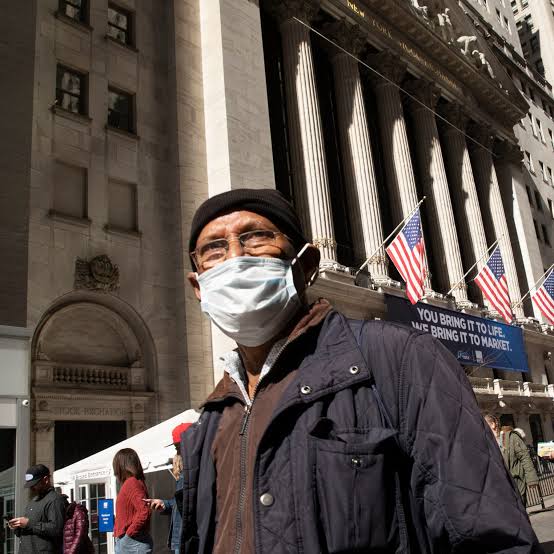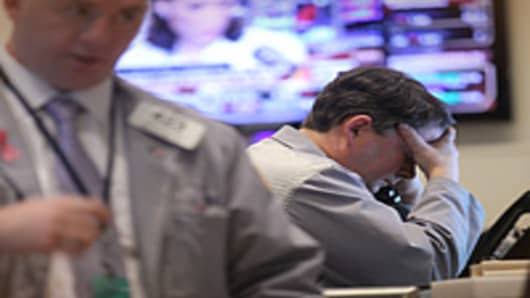A research firm says that the biggest worry is that the market sell-off is turning into a “self-fulfilling prophecy.”
A new study by Morningstar DBRS has sounded a very serious alarm about the sell-off in the global market. The research company warns that the current steady drops in global markets could turn into a “self-fulfilling prophecy,” which could cause the economy to go into a recession. This warning comes after markets around the world fell sharply at the end of last week and into Monday, as fears of a U.S. recession grew.
Analysts at Morningstar DBRS say that the recent drop in prices has set off a worrying feedback loop. As investors’ moods get worse, market drops can lead to more selling, which makes the slowdown worse. This cycle could make the economy less stable, which raises the risk of a recession. Analysts stress that if the market’s downward trend isn’t stopped, it could lead to a wider economic downturn, which would make people even more afraid, which is what caused the sell-off in the first place.

Global markets in turmoil: Analysts fear sustained declines could lead to economic downturn.
Even though the market is unstable, Morningstar DBRS thinks that the immediate effects on banks and the financial sector will be pretty limited. Even though financial stocks have taken a big hit in the recent sell-off, experts think that banks will be able to weather this storm without any major long-term problems. Banking is more stable now than it was during earlier market crises because regulations have been improved and banks have more capital on hand.
The world’s markets have been very unstable, with major averages falling as investors became more worried about a possible U.S. recession. This negative view has caused many markets to drop because investors are afraid that the economy will soon slow down. Some people are cautiously optimistic, though, that the markets may start to get better. On Tuesday, stocks looked like they might be able to make up some of the losses they had made earlier, which could mean that the market is becoming more stable.
Behavioral economics is where the idea of a market sell-off becoming a self-fulfilling prophesy comes from. When investors think the economy is getting worse, they may act out of fear, which can make the market more volatile and cause it to fall even more. This negative feeling can make the original worries stronger, starting a cycle that makes people think a recession is coming. To solve this problem, we need to keep a close eye on the market and come up with good policy solutions to boost investor trust and keep the economy’s fundamentals stable.
Because of the chaos in the market, analysts and lawmakers are keeping a close eye on economic indicators and financial data to figure out what risks and effects might happen. Understanding what caused the sell-off and taking steps to lessen any negative effects on the business as a whole will be the main goals. This could include changes to monetary policy, fiscal relief, and rules that are meant to keep markets stable and boost economic growth.
Investors and other stakeholders should stay informed and be careful when making financial choices during this time of high volatility in the markets. Things are still changing, and more research is needed to figure out where the markets are going and how they might affect the economy as a whole.

Morningstar DBRS highlights risk of recession as market declines continue to escalate.
In conclusion, the recent drop in the value of global markets is a major worry because it could become a self-fulfilling prophesy, which could cause a recession. Analysts at Morningstar DBRS stress how important it is to keep an eye on market trends and calm investors’ fears in order to keep the economy from getting worse. Even though it might not have a big effect on banks right away, the bigger effects on the economy need close attention and action to keep things stable and encourage growth.